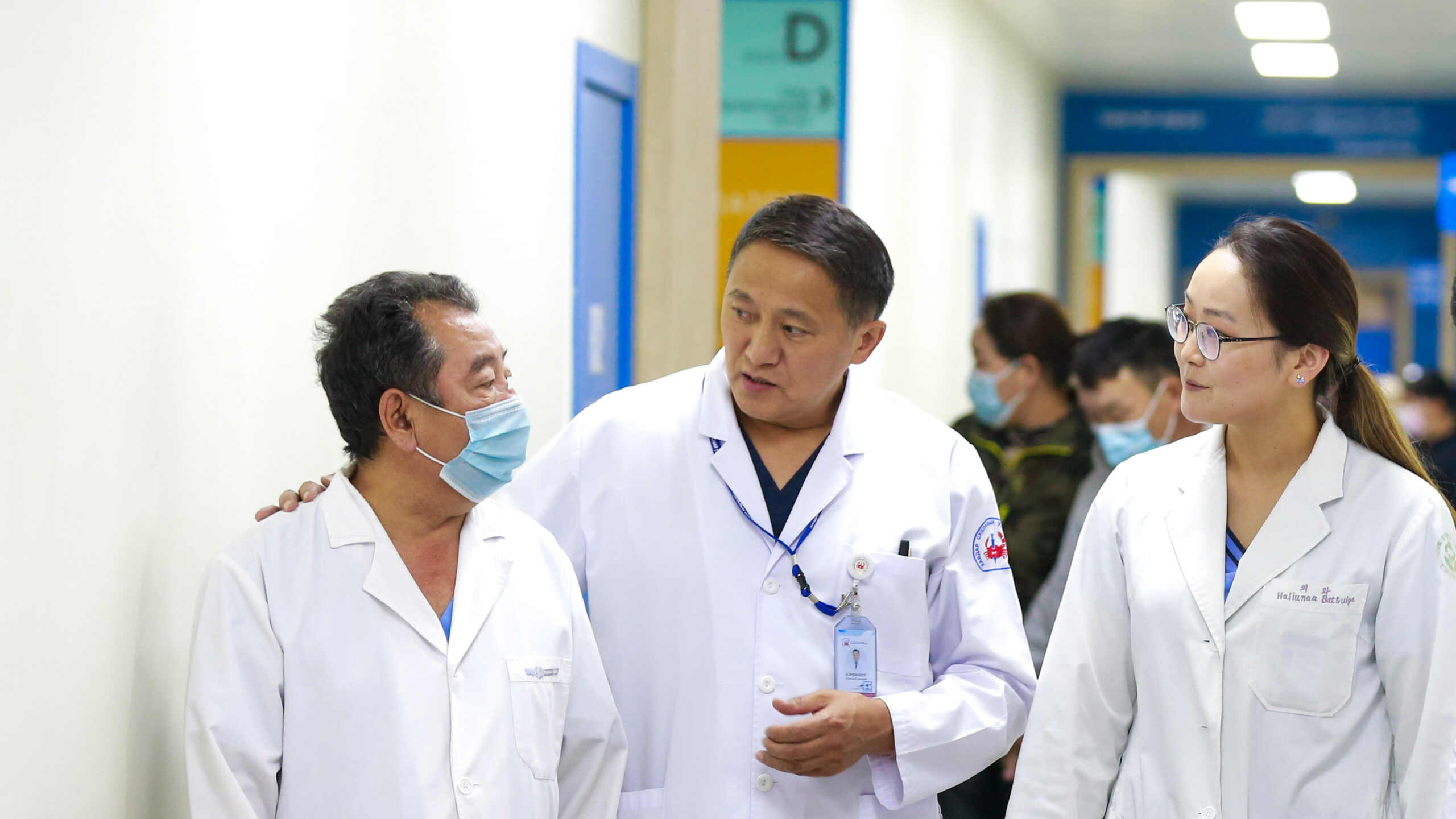Participant Support
The Fulbright Program is for talented individuals who want to make positive change in the world.
Since 1946, accomplished and committed students, scholars, artists, teachers, and professionals of all backgrounds have participated in the Fulbright Program, reflecting the full breadth of U.S. society and societies abroad. Living and learning alongside people of many cultures builds mutual understanding and positively shapes our communities. Fulbright creates a safe and supportive environment for all participants to have successful and rewarding exchange experiences.
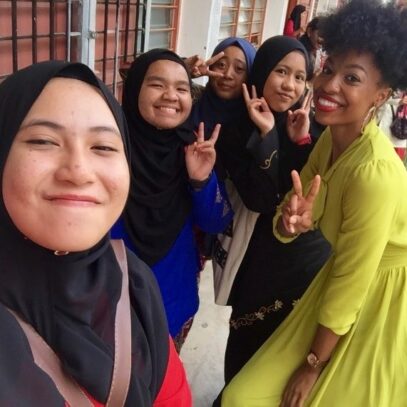
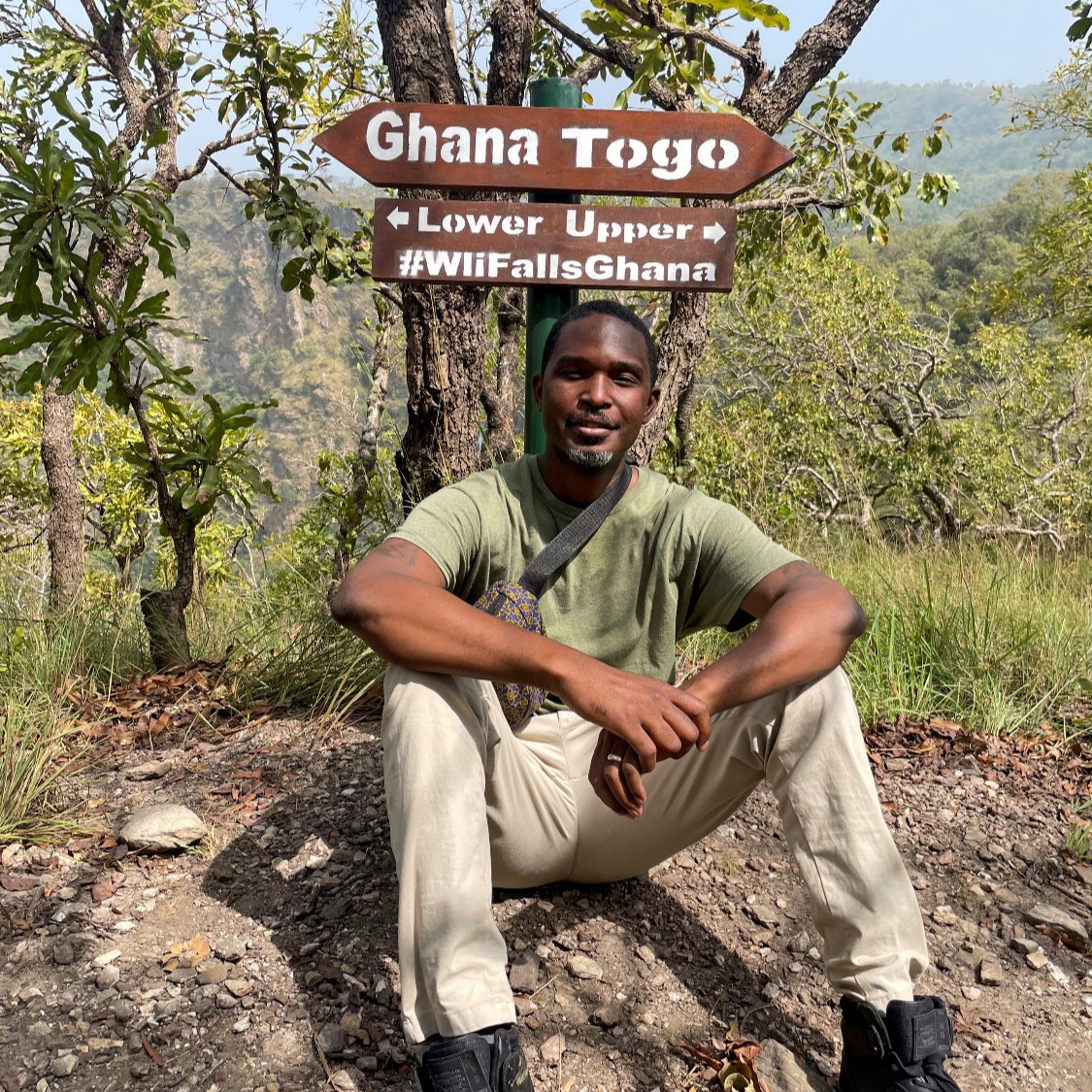
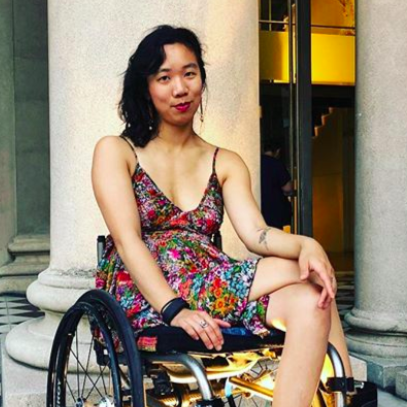
Resources
The Fulbright Program supports Fulbrighters before and during their programs with resources designed to connect them with one another and with the Fulbright alum community. To ensure that all Fulbrighters are encouraged and supported, the program features Fulbrighters from a range of backgrounds and experiences in our videos, print materials, profiles and news stories.
Members of the Fulbright community, including partner organizations, Fulbright Commissions abroad, and program alums, also contribute independent materials to support participants and provide unique on-the-ground perspectives that enrich the Fulbright experience.
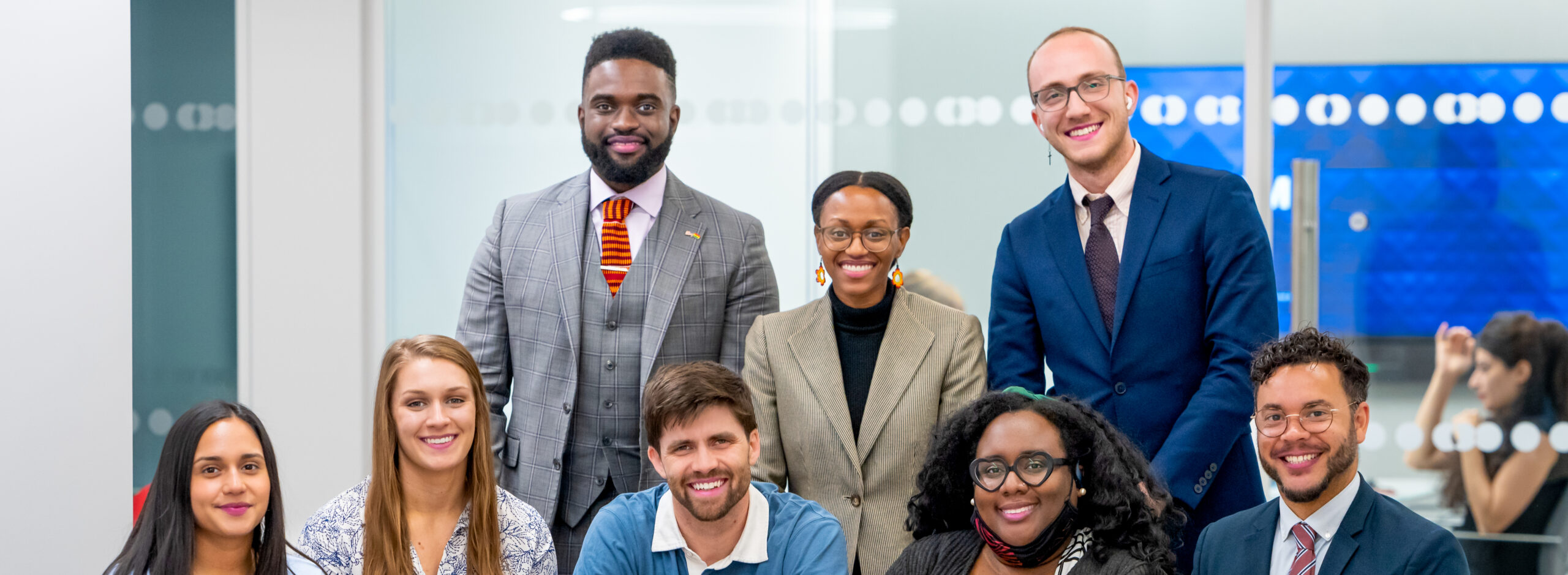
Participant & Alum Networks
Fulbright U.S. Scholar Program Alumni Ambassadors
Fulbright U.S. Student Program Alumni Ambassadors
Fulbrighter Network: A platform for Fulbrighters to connect with each other and alumni from around the world.
Fulbright Association: The largest independent association of Fulbright Alumni in the United States has regional and virtual chapters that support alums after their Fulbright exchanges.
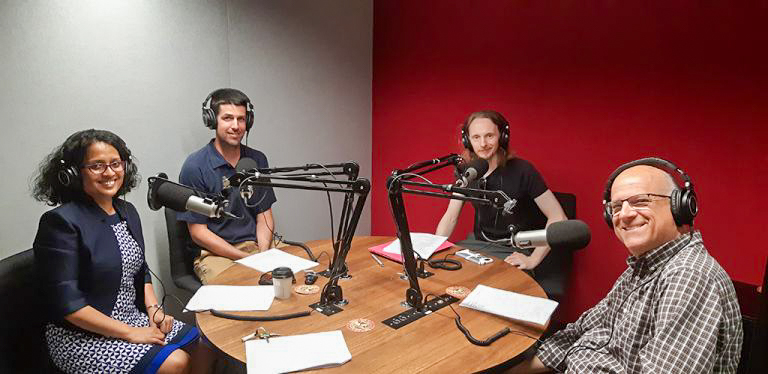
Other Resources
Fulbright Regional Support Specialist based at Fulbright Commissions abroad support Fulbrighters abroad through pre-departure, arrival, and on-program activities while assisting Fulbright Commissions and participants to help bridge communication gaps. Current Fulbrighters, alumni, and program partners have access to digital resources, podcasts, event announcements, and programming through the Regional Support Specialist Instagram account.
Mobility International USA (MIUSA) – Disability Resources for Americans Going Abroad
Partners
The Program’s robust student support strategies and initiatives are supported through partnerships with international education and civil society organizations. They draw on networks of leadership organizations, professional institutions, and associations that support outreach to a broad range of communities.
For example, the Fulbright Program has had a long-standing partnership with Mobility International USA (MIUSA) and the State Department-funded National Clearinghouse on Disability and Exchange (NCDE). Joint efforts include promoting Fulbright Program opportunities for people with disabilities, highlighting successful exchange experiences of Fulbright alumni with disabilities, and providing trainings to Fulbright Program staff to aid them in effectively managing and promoting disability and exchange programming.
Fulbright’s Commitments
The Fulbright Program is committed to ensuring that individuals from all backgrounds are encouraged and supported in their participation in Fulbright exchanges.
- The Office of Academic Exchange Programs at the Bureau of Educational and Cultural Affairs holds regular meetings focused on student support to share best practices and to address and find solutions for issues in Fulbright and other academic exchange programs.
- In keeping with the Americans with Disabilities Act and federal and Program policy and practice, the Fulbright Program is committed to working with grantees with disabilities, on a case-by-case basis, as requested, to provide reasonable accommodations to help ensure the grantees have a successful and rewarding exchange experience. The Program has developed a Reasonable Accommodations protocol for use in assessing and funding accommodations.
- Fulbright alumni support each other throughout the exchange program cycle by organizing independent interest and affinity groups. These groups are not affiliated with the Fulbright Program, but provide networks with which Fulbright applicants, participants, and alumni may engage.
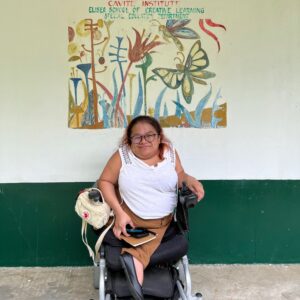
One of the greatest things that the Fulbright experience has gifted me is this huge platform to talk to others about this lesson. . . . the importance of inclusivity in the design of educational facilities.
Fulbright Student Olivia Mae Asuncion to the Philippines
